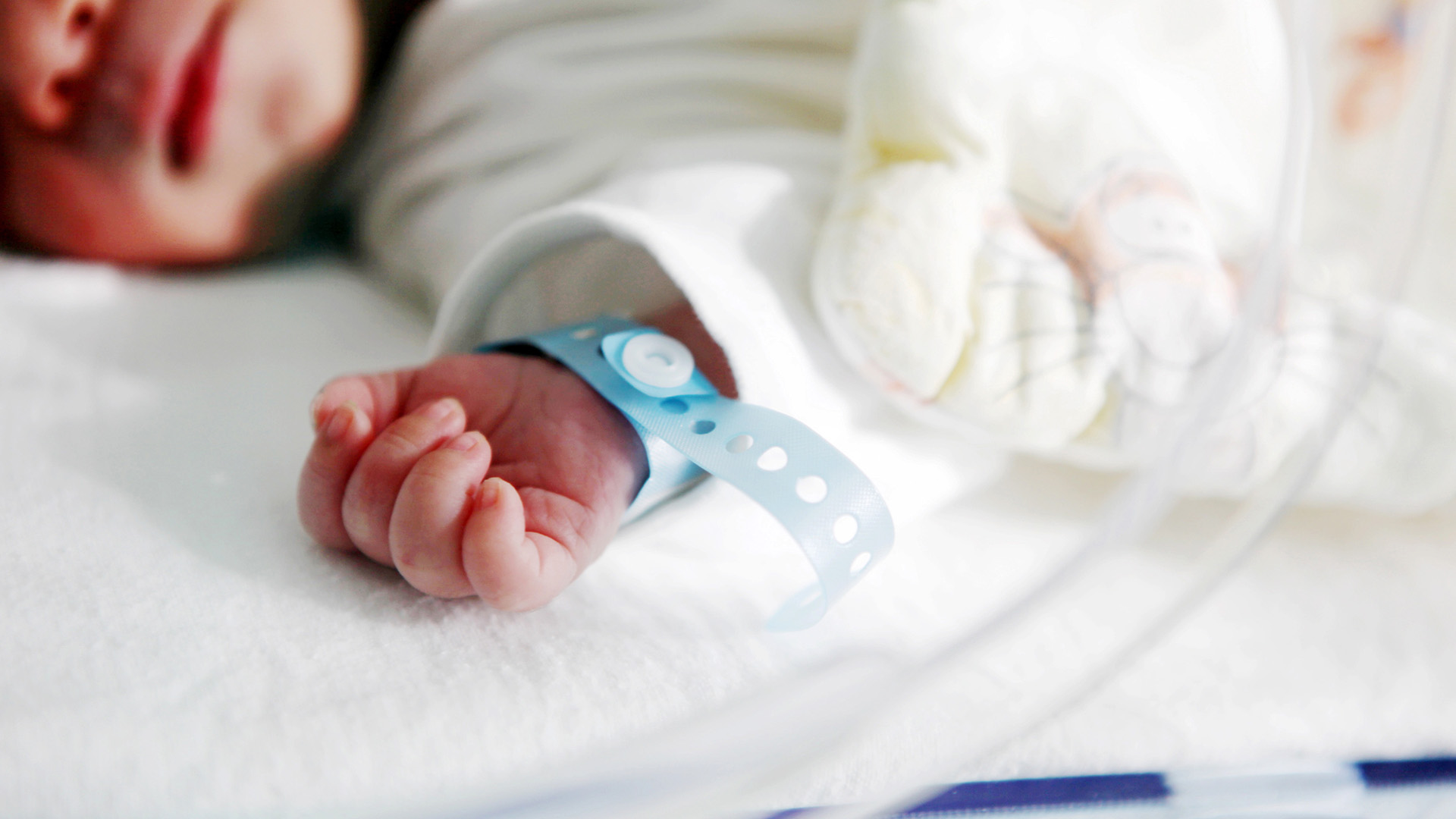Changes in the placenta can increase the risk of babies developing early asthma and allergies. This is what a study from Örebro University showed.
We pediatricians should pay more attention to the potential importance of the placenta for the baby after birth, says researcher Maria Lodivalk.
It has long been known that asthma and allergies in some cases begin to develop already during the fetal stage. Researchers at Örebro University have now investigated whether the placenta has an effect on the risk of developing these diseases. The research is based on a review of 19 previous studies conducted on about 13,000 children.
The new study showed that if there is inflammation of the amniotic membranes and placenta, babies born prematurely are almost three times more likely to suffer from asthma-related problems. This is in addition to the increased risk of lung diseases associated with premature birth.
Causation cannot be proven
Even for babies who were fully developed in the womb, researchers saw a link between unusually heavy placentas and increased prescription of asthma medications during the baby's first year of life.
Associations have been proven statistically, but researchers do not yet know for sure that it is changes in the placenta that directly or indirectly lead to asthma or allergies in the baby.
– It is almost impossible to conduct the studies required to prove causality in the case of pregnant women. But in light of the results, I think we pediatricians should pay more attention to the potential importance of the placenta for the baby after birth, says pediatrician Maria Lodivalk, who is also an associate professor of medical sciences at Örebro University.
It can lead to new routines
According to the researchers, a plausible explanation for the new findings is that it is an inflammation of the placenta and amniotic membranes. It, in turn, leads to inflammation if it remains in the fetus and risks damaging the baby's lungs or affecting the immune system even after birth.
Knowledge is what care can actually benefit from, says Maria Lodivalk.
– If we knew that changes in the placenta could mean an increased risk of asthma, we could follow babies born prematurely and after amniotic membranes and placentitis more carefully. Weighing all the placentas and sending them for analysis in case of uncertainty can also be a simple and effective procedure, says Maria Lodivalk.
She stresses that more studies are needed to understand how changes in the placenta can affect the baby's health.
– It would also be interesting to check whether specific postnatal treatments could reduce the risk of babies born with asthma, says Maria Lodivalk.
More about the placenta and allergies
The placenta is a temporary organ that develops in the uterus during pregnancy. It provides the fetus with oxygen and nutrition, transports waste away, and acts as a barrier against some infections. It also secretes hormones that are important for pregnancy, the woman, and the fetus.
Nearly 40 percent of all Swedish residents suffer from asthma or some form of allergy. Asthma and allergies can be caused by a combination of genetic and environmental factors. Avoiding smoking and air pollution is a way to reduce your risk of asthma and allergies.
Scientific study:
Atopic disorders of childhood in relation to placental changes – a systematic review and meta-analysisChildren's immune allergies.

“Extreme tv maven. Beer fanatic. Friendly bacon fan. Communicator. Wannabe travel expert.”






More Stories
The contribution of virtual reality to research in medicine and health
The sun could hit the Internet on Earth
In memory of Jens Jørgen Jørgensen